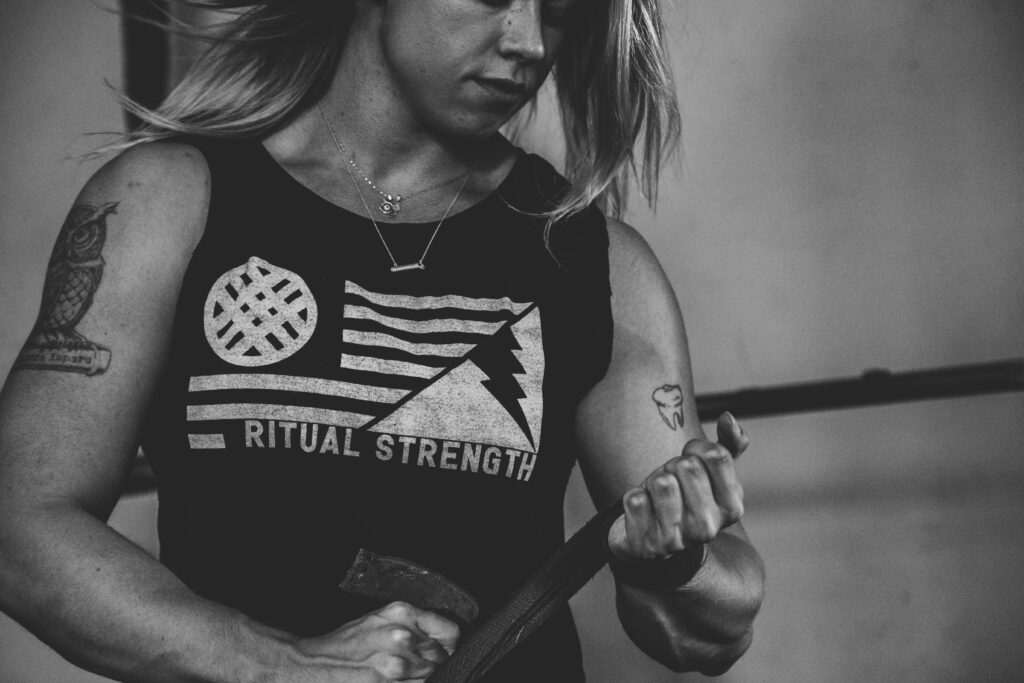
CrossFit athletes often face various challenges, both physical and mental, throughout their careers. To overcome these challenges and reach their full potential, it’s essential to develop a growth mindset. A growth mindset is the belief that abilities can be developed through dedication and hard work.
Growth Mindset vs Fixed Mindset
The way we approach challenges, deal with failure, and view our abilities can significantly impact our personal growth and success. These differing attitudes towards personal development are characterized as a “growth mindset” and a “fixed mindset.” An individual with a growth mindset believes that their abilities can be developed through dedication and hard work, while someone with a fixed mindset believes that their abilities are predetermined and unchangeable. The contrast between these two mindsets can affect an individual’s motivation, behavior, and overall achievement. In this context, it is essential to understand the differences between a growth mindset and a fixed mindset and how they can impact personal and professional growth. Here are some differences and their effect on athletes:
- Response to Failure: An athlete with a growth mindset sees failure as an opportunity to learn and improve. They are more likely to analyze their mistakes and figure out what they can do differently next time. On the other hand, an athlete with a fixed mindset may become discouraged by failure and believe that their abilities are predetermined and cannot be changed.
- Approach to Challenges: An athlete with a growth mindset embraces challenges as an opportunity to grow and develop their skills. They are willing to step outside of their comfort zone and try new things. In contrast, an athlete with a fixed mindset may shy away from challenges and prefer to stick with what they know and are comfortable with.
- Perseverance: An athlete with a growth mindset is more likely to persevere through difficult times and keep working towards their goals. They understand that progress takes time and effort, and they are willing to put in the work to achieve their desired outcomes. In contrast, an athlete with a fixed mindset may give up easily when faced with obstacles and setbacks.
- Openness to Feedback: An athlete with a growth mindset is open to receiving feedback from coaches, teammates, and others. They understand that feedback can help them improve and they are willing to listen and incorporate feedback into their training and performance. In contrast, an athlete with a fixed mindset may become defensive when receiving feedback and believe that it is a reflection of their innate abilities.
- Focus on Process vs. Outcome: An athlete with a growth mindset focuses on the process of training and improving their skills rather than solely on the outcome of winning. They understand that progress and growth are important regardless of the outcome of a competition. In contrast, an athlete with a fixed mindset may be solely focused on winning and view any progress or growth as secondary to achieving their desired outcome.
In conclusion, developing a growth mindset is essential for athletes looking to reach their full potential. It requires a willingness to embrace failure, focus on effort and process, practice positive self-talk, prioritize learning over winning, seek out challenges, and accept constructive feedback. By implementing these practices, athletes can develop a growth mindset that will help them overcome challenges, achieve their goals, and reach their full potential.
WOD on!
